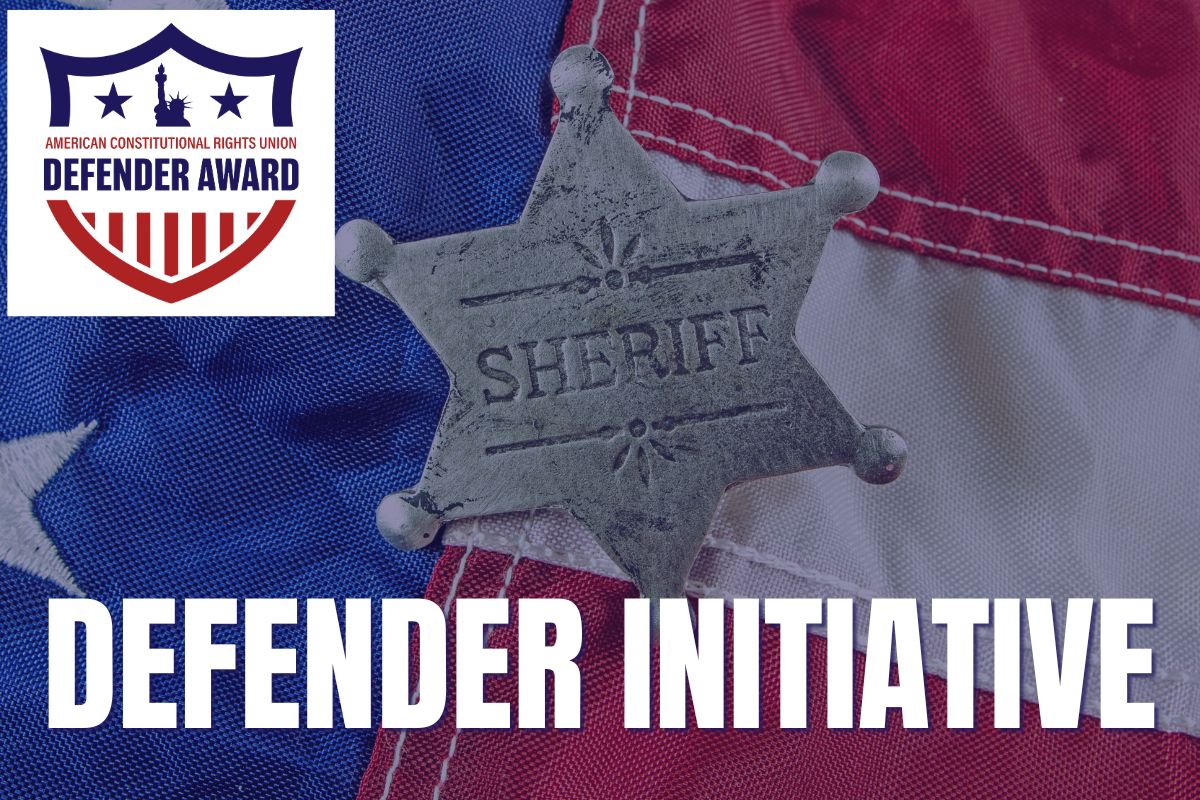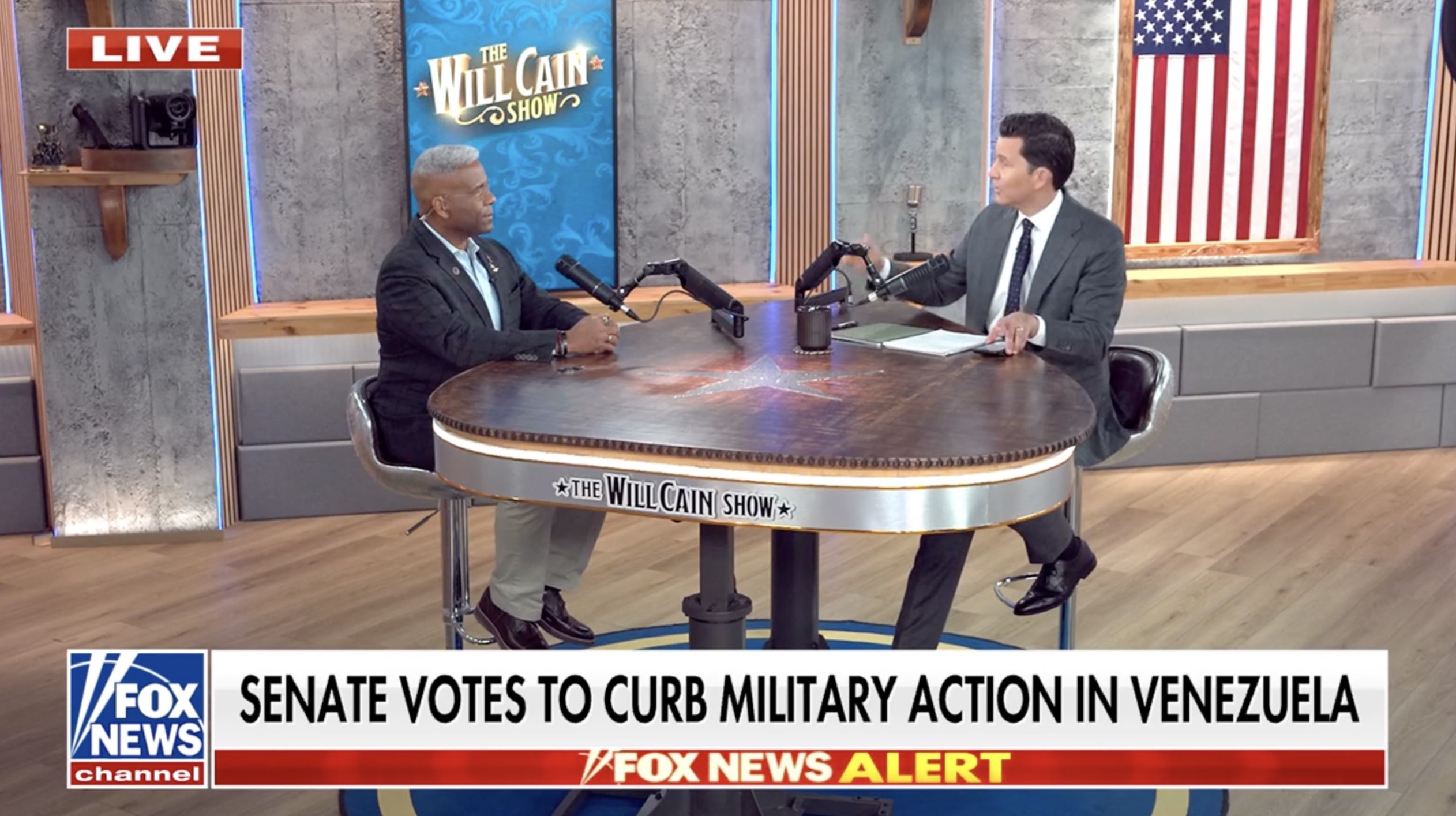This column by ACRU Senior Fellow Robert Knight was published December 16, 2011 in The Washington Times.
Is it racist to require people to show a photo ID when they vote? You need a photo ID for nearly any meaningful transaction, such as cashing checks, including government checks. If this simple requirement “suppresses” the vote, maybe we need to ask why it’s such a great idea to push for universal suffrage for every adult who is merely breathing.
Of course, even this latter requirement would suppress the vote in Chicago and New Orleans, where dead people get to vote all the time — and do so cheerfully.
In a speech Tuesday at the Lyndon Baines Johnson Library and Museum in Austin, Texas, Attorney General Eric H. Holder, Jr. warned that recent state reforms, such as requiring photo IDs, might repress the minority vote. He said the Justice Department was reviewing photo ID laws just enacted in Texas and South Carolina and early-voting procedures in Florida.
The overall implication of his otherwise elegant speech commemorating passage of the 1965 Voting Rights Act is that tightening voter requirements is more of a threat to the integrity of the system than vote fraud.
Recently, 115 Democratic House members signed a letter urging Mr. Holder to use his office to oppose new voter-ID laws. The rhetoric has been, to put it mildly, over the top.
Rep. G.K. Butterfield, North Carolina Democrat, called the new laws “a cynical and malicious Republican attempt to suppress minority and elderly voters who turned out in historical numbers for the ’08 elections.”
Rep. Marcia L. Fudge, Ohio Democrat, unabashedly played the race card, charging that “these efforts have an all-too-familiar stench of the Jim Crow era.”
Democratic National Committee Chairwoman Debbie Wasserman Schultz said, “Republicans across the country have engaged in a full-scale attack on the right to vote.” She also later insisted with a straight face that unemployment has not increased since President Obama took office. The Democrats’ contempt for the minorities that they woo with government booty is neon bright: You need us to tell you how to eat, sleep, raise your kids, use poisoned light bulbs and vote.
Naturally, the media go along with the fiction that making sure voters are who they say they are is racist and partisan.
Washington Post columnist Robert McCartney wrote a piece on Thursday citing a report by New York University School of Law’s Brennan Center for Justice that warns, “these new restrictions fall most heavily on young, minority and low-income voters, as well as voters with disabilities.”
The report claims that 25 percent of blacks and 16 percent of Latinos do not possess valid photo IDs. Really? How do they shop or drive? They can’t all be children, illegal aliens or Occupy Wall Street squatters.
The Brennan report, which laments recent reforms that have “disenfranchised millions who have past criminal convictions,” was funded in part by George Soros’ Open Society Foundations, the Tides Foundation and other sources of left-wing philanthropy, such as the Ford and Rockefeller foundations.
With a few exceptions, such as the Republican consultant convicted of making misleading “robocalls” during last year’s Maryland gubernatorial election, the real threat of vote fraud is from the left.
Liberal innovations such as the “motor voter” law (1993), relaxing of absentee-ballot rules and same-day registration all contribute to vote fraud. Eight states have some form of Election Day registration: Wisconsin, Idaho, Maine, Minnesota, Montana, New Hampshire, North Carolina and Wyoming.
Absentee balloting is a major source of worry.
“Coercion and chicanery are made much easier by the excessive use of absentee ballots,” wrote John Fund, author of Stealing Elections: How Voter Fraud Threatens Our Democracy (Encounter Books, 2004), in an April article in the Wall Street Journal. “Most of the elections thrown out by courts – Miami, Florida’s, mayoral election in 1998, the East Chicago, Indiana’s mayor’s race in 2005 – involved fraudulent absentee votes. Three decades ago, absentee and early ballots were only 5 percent of all votes cast nationwide. In 2008, they exceeded 25 percent.”
Wisconsin Democrats this year tried unsuccessfully to ram through an election law that would have given “community organizers” (read: ACORN and its successors) access to the driver’s-license database, would have made absentee ballot requests permanent, and had ballots mailed out automatically in future elections. This is a perfect recipe for vote fraud.
In Milwaukee, a police inquiry found that about 5,000 more votes were counted in the city in 2004 than the number of recorded votes cast. Keep this in mind as Wisconsin public-employee unions collect signatures to recall reformist Republican Gov. Scott Walker. They need 540,000 by Jan. 17. If they succeed, imagine what the recall election next summer would look like had they managed to get the “Vote Fraud Enablement Act” passed.
Meanwhile, the American Civil Liberties Union, which has sued several states over photo ID laws, sued Wisconsin on Tuesday. Thirty-one states have adopted photo ID laws, from Alabama to liberal Rhode Island. All but 13 states in 2011 had voting legislation introduced, with five — Florida, Georgia, Ohio, Tennessee and West Virginia — reducing early voting, and seven – Alabama, Kansas, Rhode Island, South Carolina, Tennessee, Texas and Wisconsin — enacting photo ID laws. In five more states — Minnesota, Missouri, Montana, New Hampshire and North Carolina, Democratic governors vetoed photo ID bills that passed.
With legislators tightening the process, Democrats are stepping up the pressure on the Obama administration to intervene. As Politico reports, “Holder’s speech followed a private meeting he held recently where civil rights leaders expressed a growing impatience with the Justice Department’s failure to act against the new laws.”
It would help their case if states were acting illegally, but they aren’t. Apart from minimal requirements, Article I, Section 4 of the U.S. Constitution leaves voting procedures largely to the states. The Voting Rights Act requires stricter scrutiny of some states, but the case for voter suppression has yet to be made.
During his remarks in Texas, Mr. Holder said, “We need election systems that are free from fraud, discrimination and partisan influence.” He urged the audience to “speak out. Raise awareness about what’s at stake.”
Amen to that.



